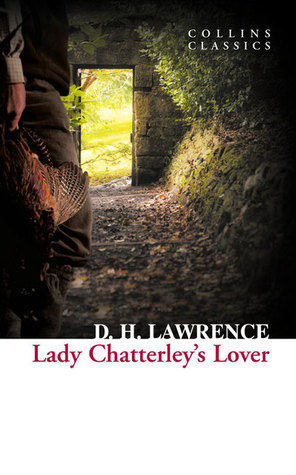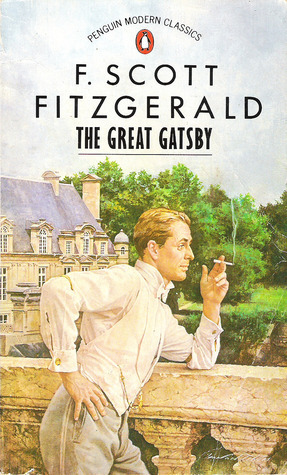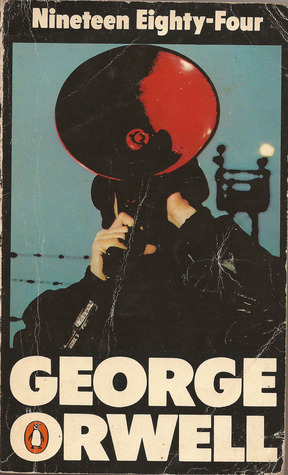1.
The Catcher in the Rye by J. D. Salinger
"If you really want to
hear about it, the first thing you'll probably want to know is where I
was born and what my lousy childhood was like, and how my parents were
occupied and all before they had me, and all that David Copperfield kind
of crap, but I don't feel like going into it, if you want to know the
truth. In the first place, that stuff bores me, and in the second place,
my parents would have about two hemorrhages apiece if I told anything
pretty personal about them."
Being an English minor I had American literaure courses and I feel slightly embarassed that I haven't picked up The Catcher in the Rye so far, not even when it was a compulsory read for me. I'm quite curious about this one, just simply haven't had the time to look into it yet. I'll make sure it won't stay this way.
2. Far from the Madding Crowd by Thomas Hardy
Hardy's powerful novel
of swift sexual passion and slow-burning loyalty centres on Bathsheba
Everdene, a proud working woman whose life is complicated by three
different men - respectable farmer Boldwood, seductive Sergeant Troy and
devoted Gabriel - making her the object of scandal and betrayal.
Vividly portraying the superstitions and traditions of a small rural
community, "Far from the Madding Crowd" shows the precarious position of
a woman in a man's world.
The movie is coming out soon and I've long since promised myself I'd give Hardy another try (I want to (re)read Tess of the D'Urbervilles too).
3. Lady Chatterley's Lover by D. H. Lawrence
Lawrence tells the
story of Constance Chatterley's marriage to Sir Clifford, an
aristocratic and an intellectual who is paralyzed from the waist down
after the First World War. Desperate for an heir and embarrassed by his
inability to satisfy his wife, Clifford suggests that she have an
affair. Constance, troubled by her husband's words, finds herself
involved in a passionate relationship with their gamekeeper, Oliver
Mellors. Lawrence's vitriolic denunciations of industrialism and class
division come together in his vivid depiction of the profound emotional
and physical connection between a couple otherwise divided by station
and society.
A book that was banned after its publication due to its detailed descriptions of sexual acts. Well, let's see what shocked the people back in the beginning of the 20th century!
4. A Single Man by Christopher Isherwood
In this brilliantly
perceptive novel, a middle aged professor living in California is
alienated from his students by differences in age and nationality, and
from the rest of society by his homosexuality. Isherwood explores the
depths of the human soul and its ability to triumph over loneliness,
alienation and loss.
I own Christopher and his Kind from Christopher Isherwood, but, since that's more of a biographical novel, I thought I don't want that to be the first book I read from him. A Single Man seems to be a good place to start. It would count as an item for my LGBT challange too. Not to mention that after reading I'd like to watch the movie with Colin Firth...
5. Persuasion by Jane Austen
Twenty-seven-year old
Anne Elliot is Austen's most adult heroine. Eight years before the
story proper begins, she is happily betrothed to a naval officer,
Frederick Wentworth, but she precipitously breaks off the engagement
when persuaded by her friend Lady Russell that such a match is unworthy.
The breakup produces in Anne a deep and long-lasting regret. When
later Wentworth returns from sea a rich and successful captain, he finds
Anne's family on the brink of financial ruin and his own sister a
tenant in Kellynch Hall, the Elliot estate. All the tension of the
novel revolves around one question: Will Anne and Wentworth be reunited
in their love?
The next book on my Jane Austen reading list. I hope it won't disappoint.
What is you favourite classic? Why? Don't hesitate to share it with me in a comment below!
Did you like this top 5...? What other top 5s would you care to read?


















